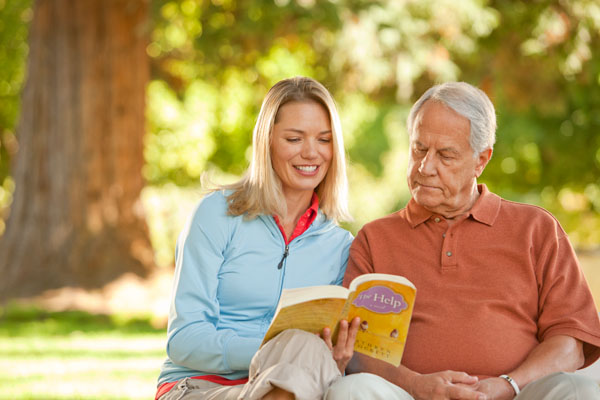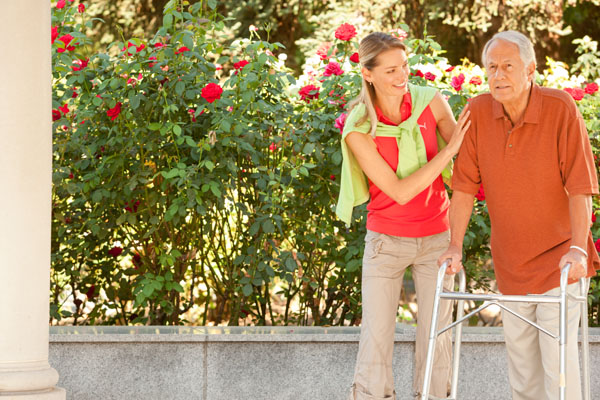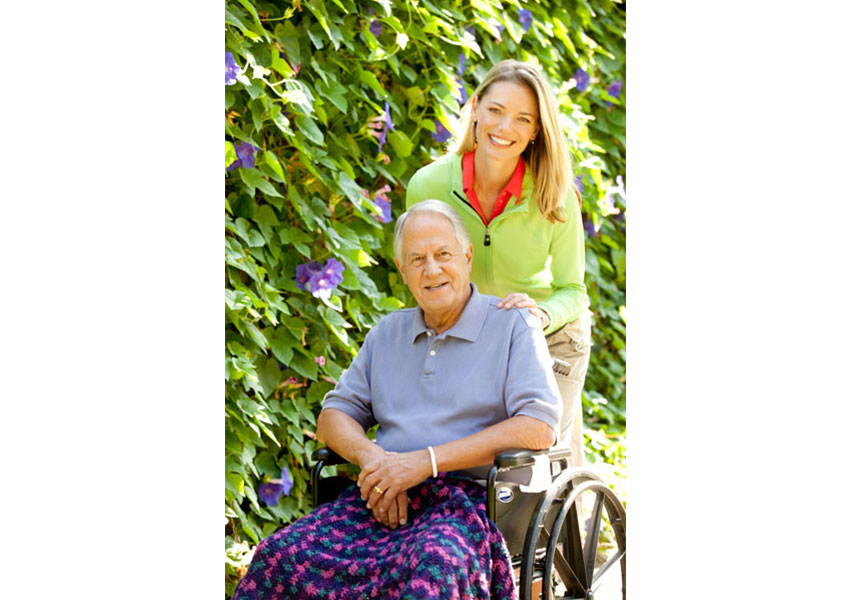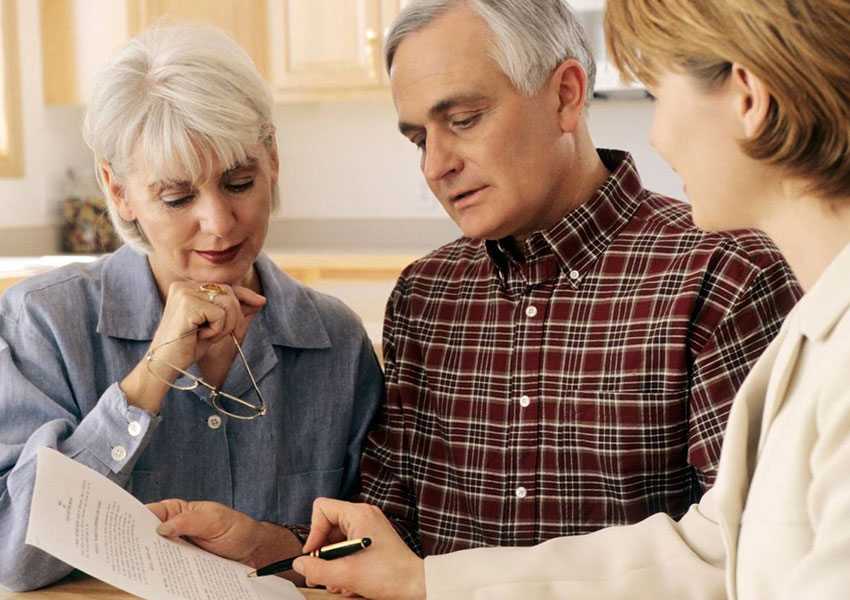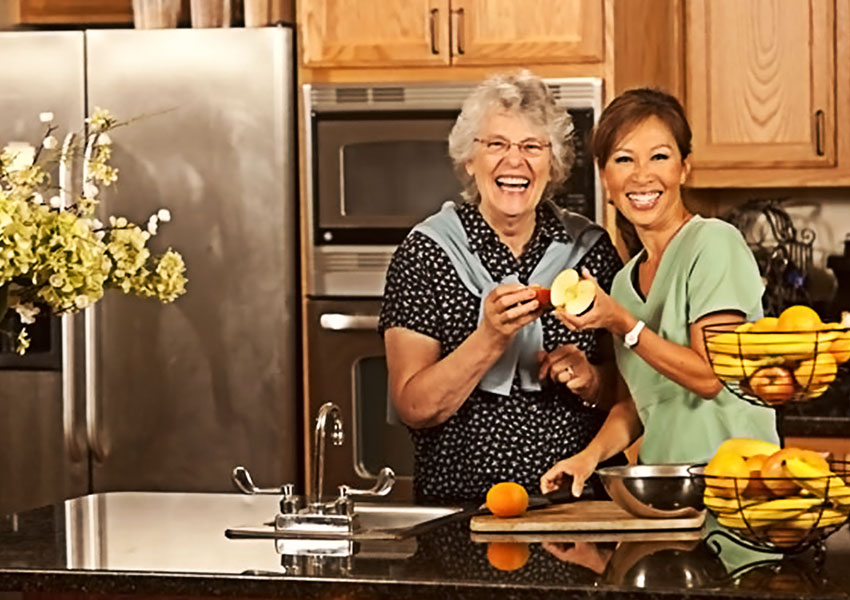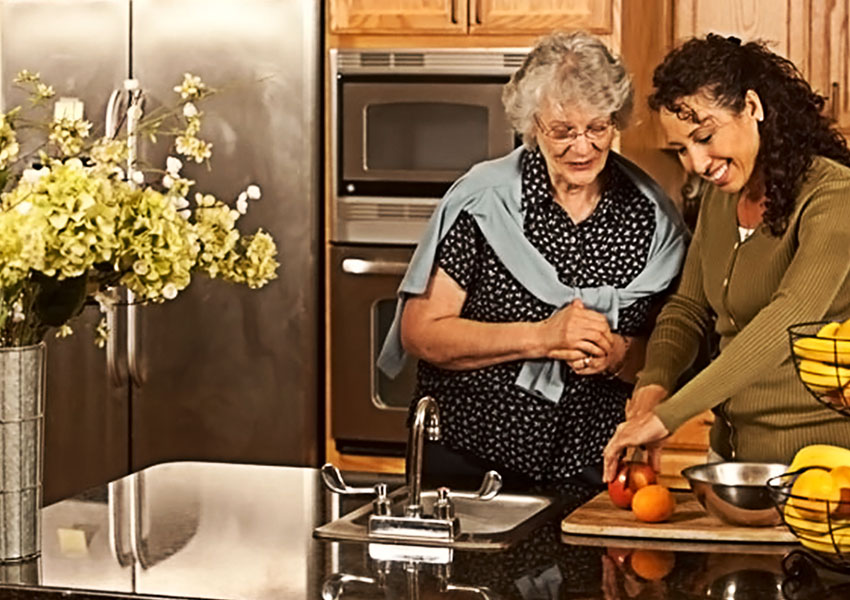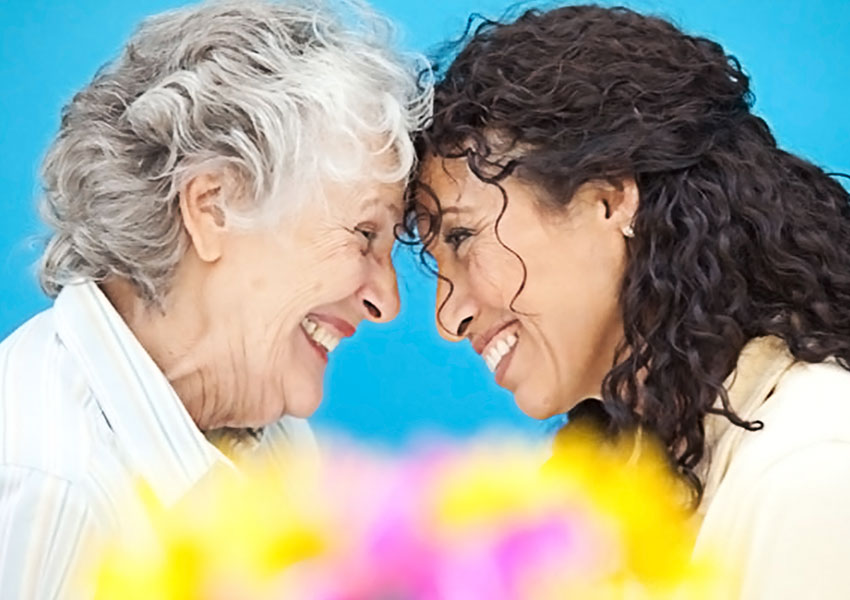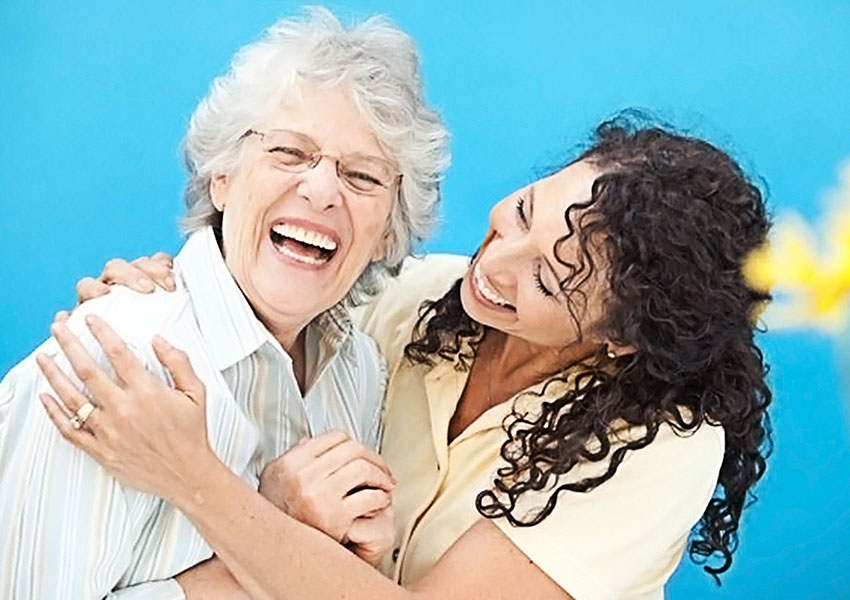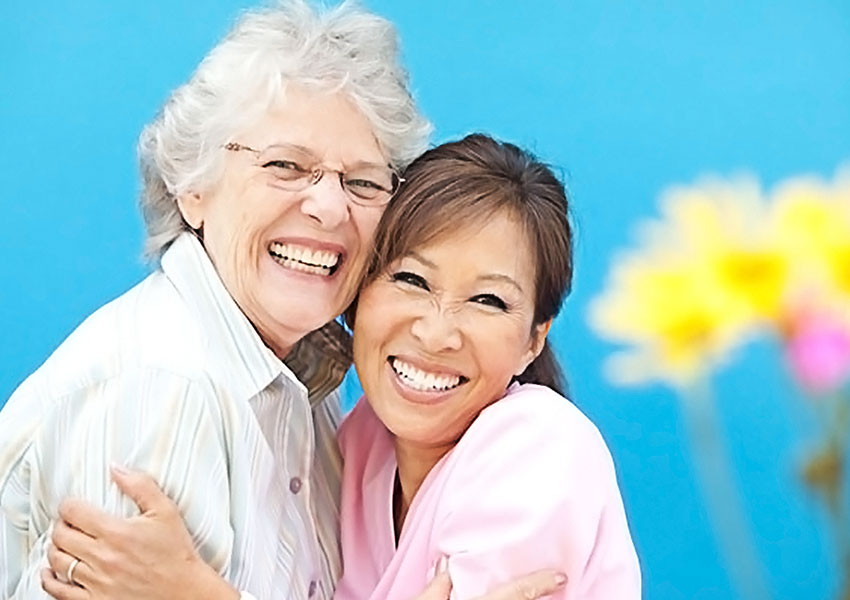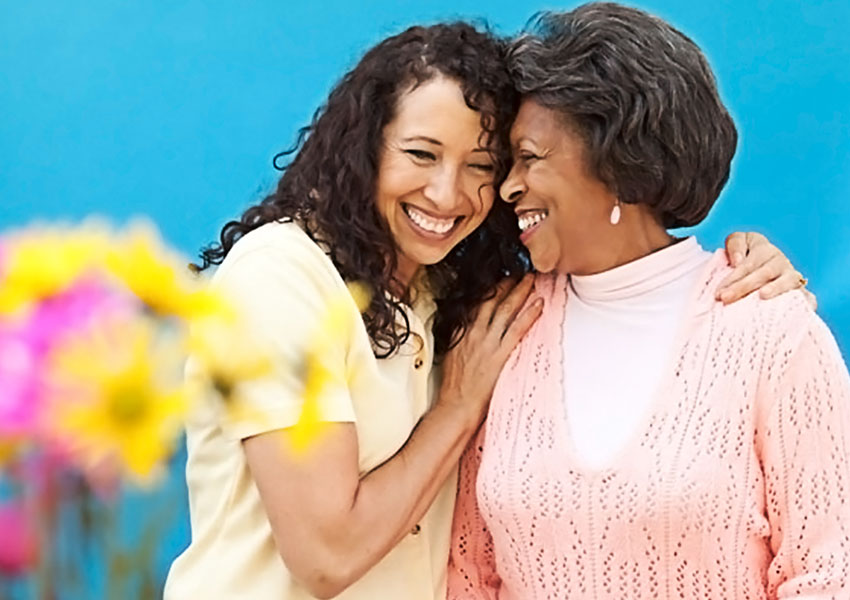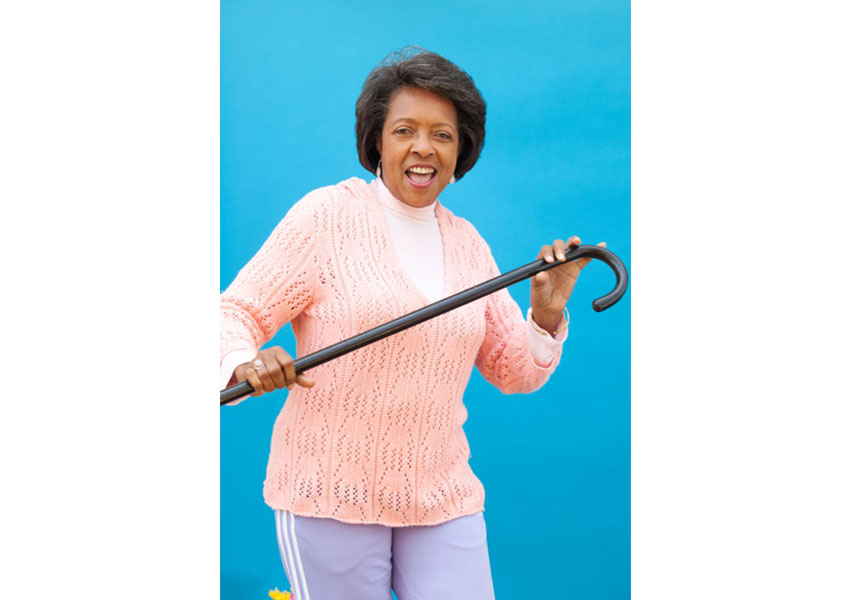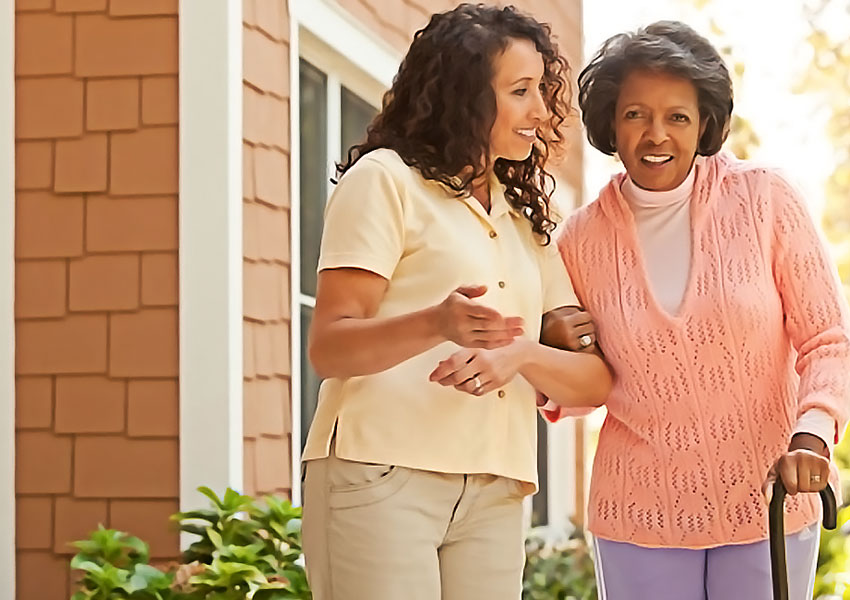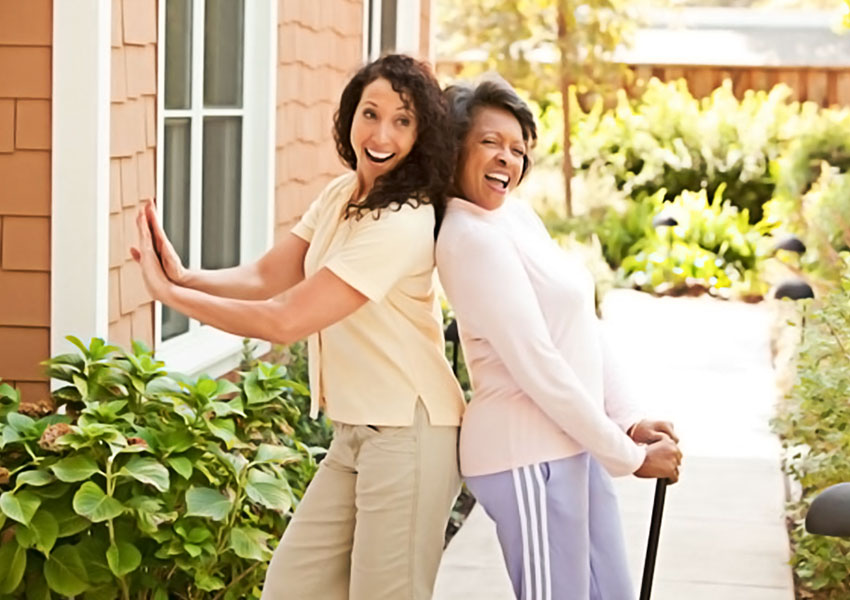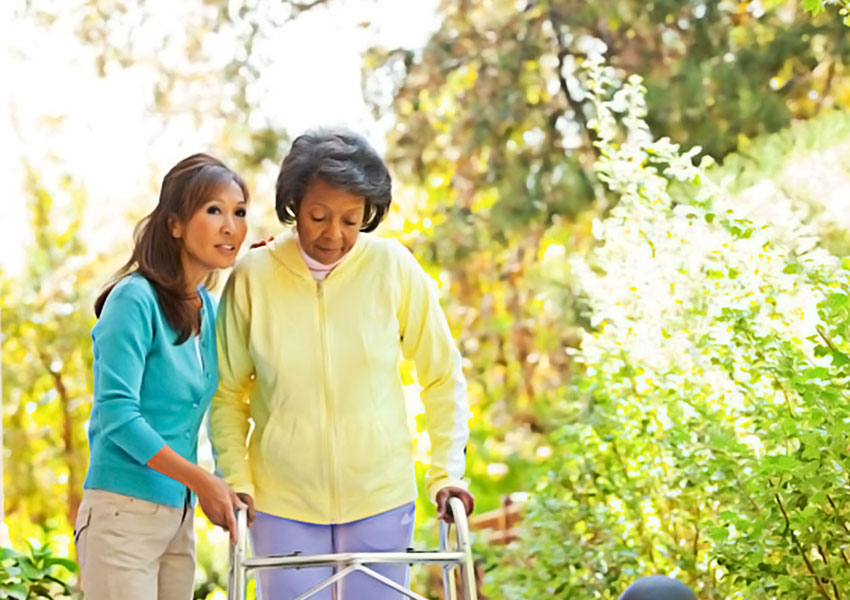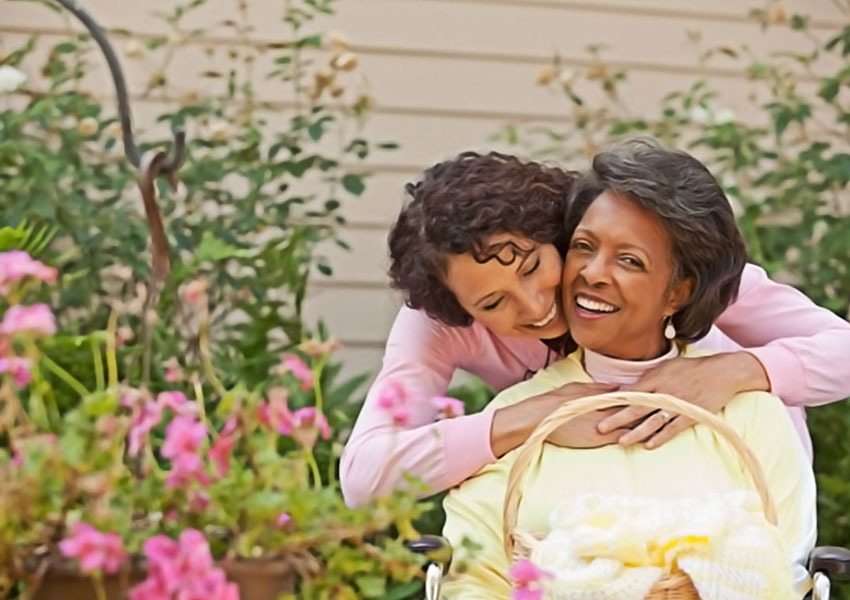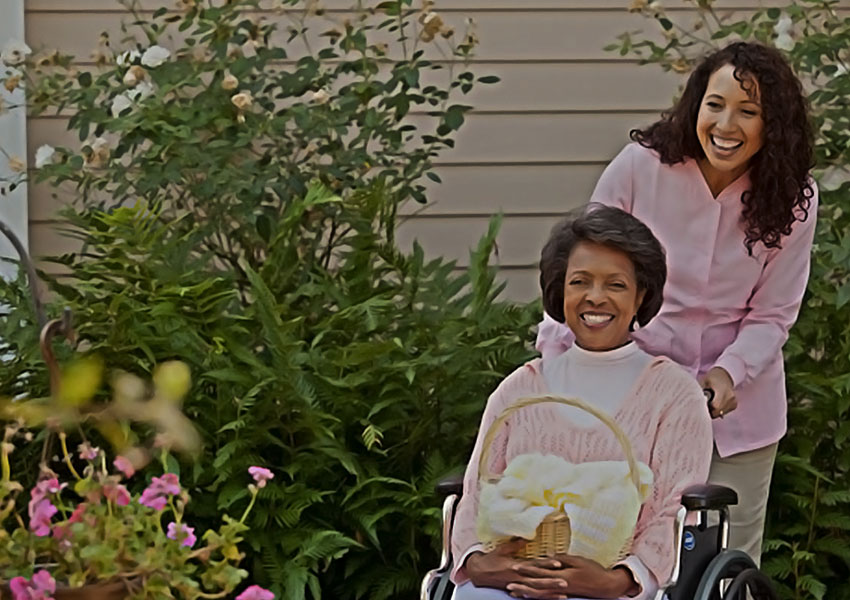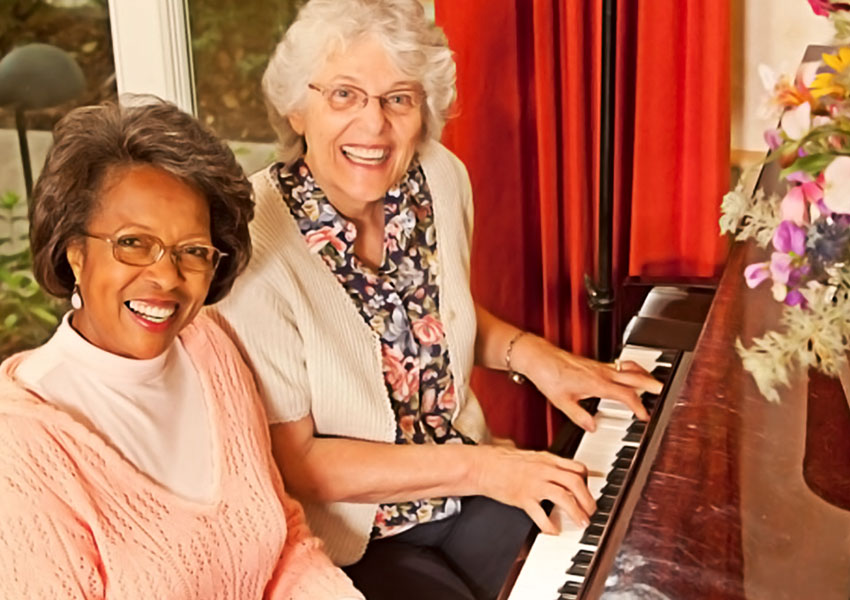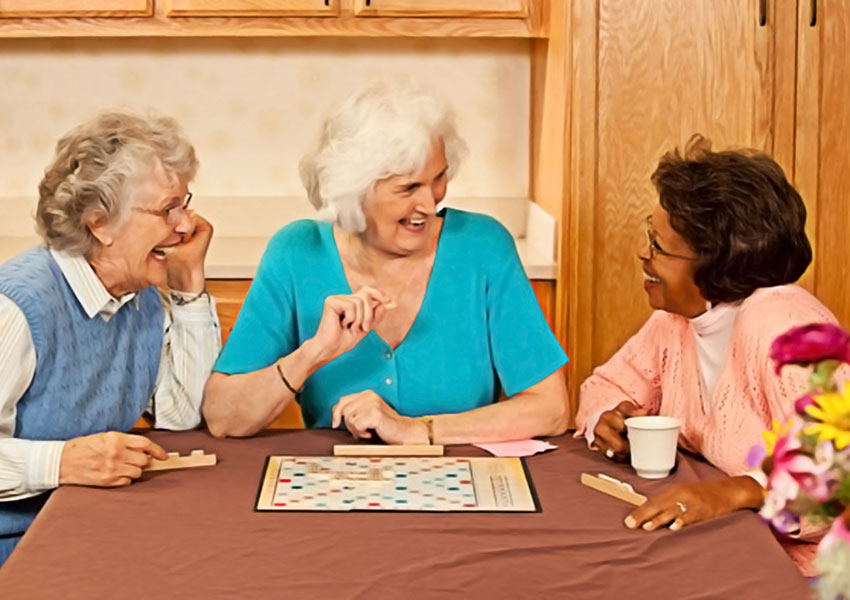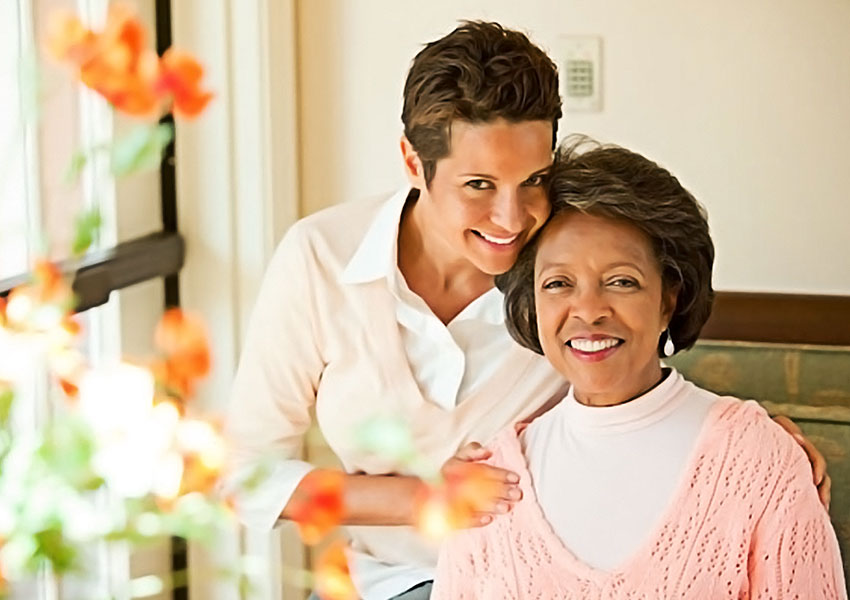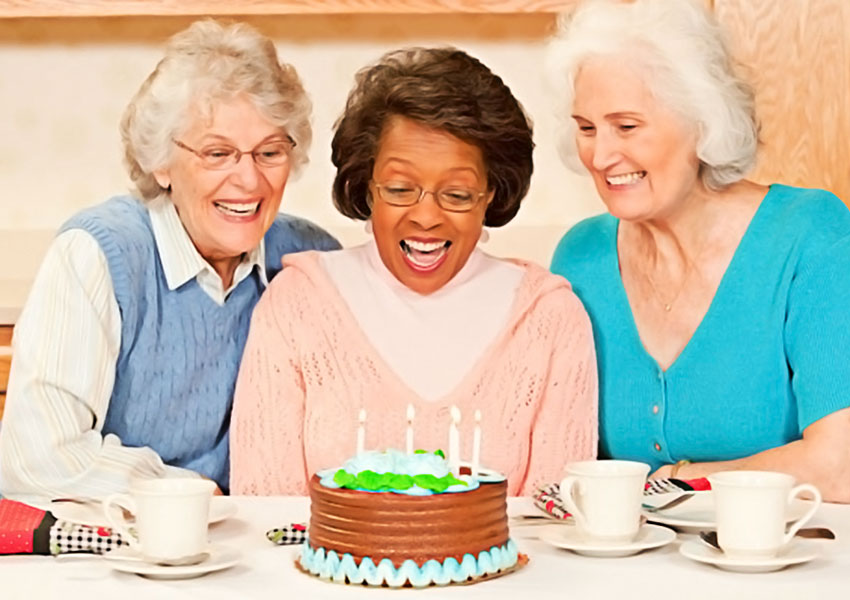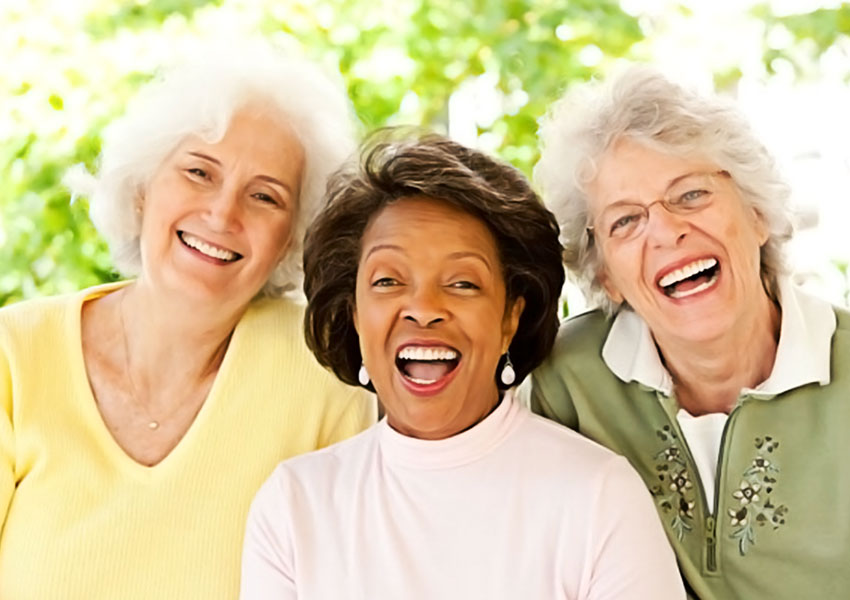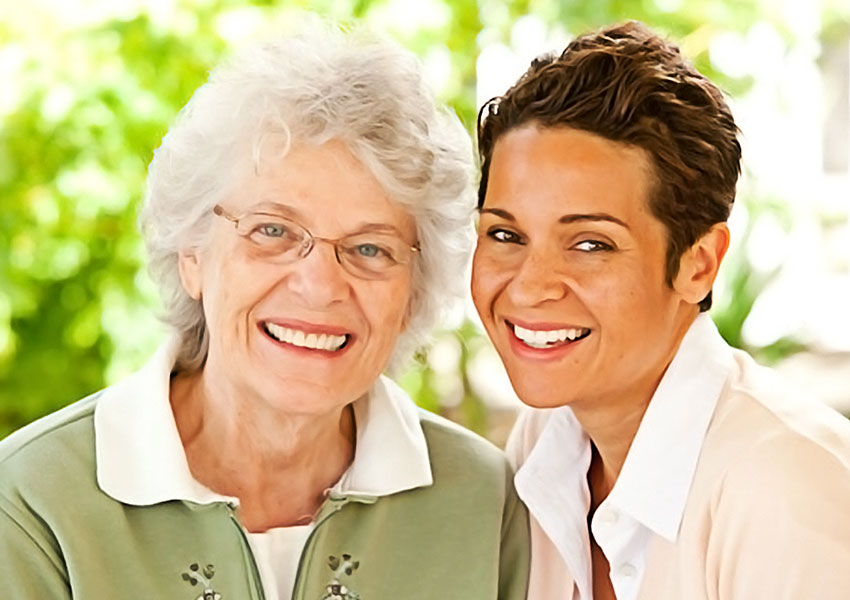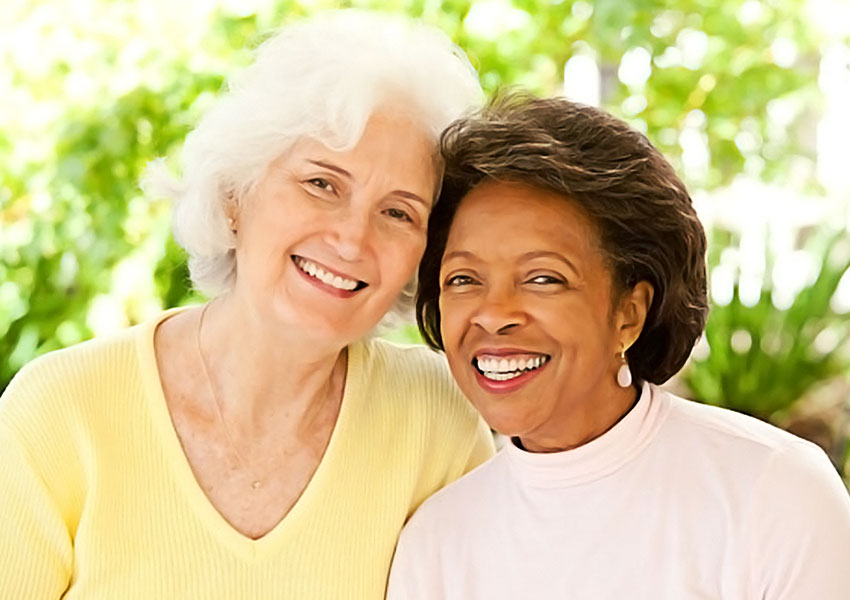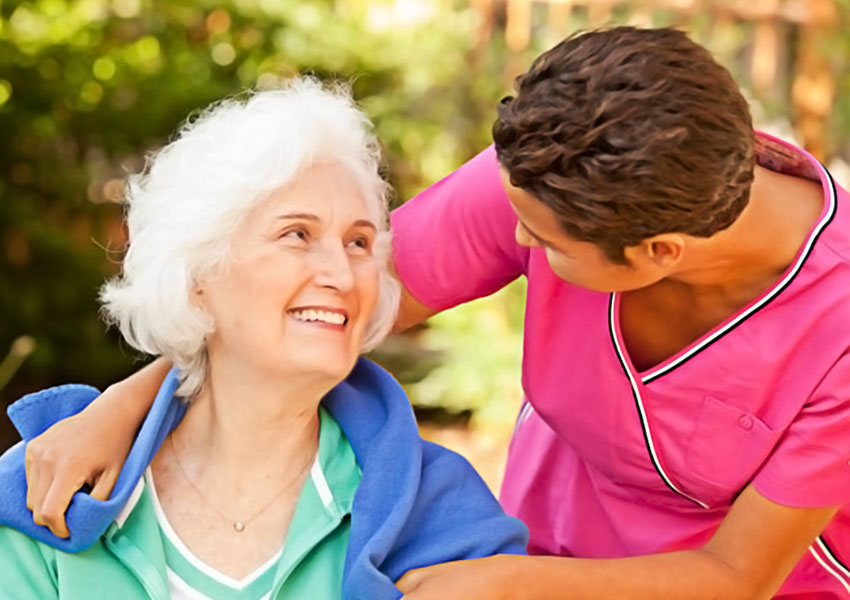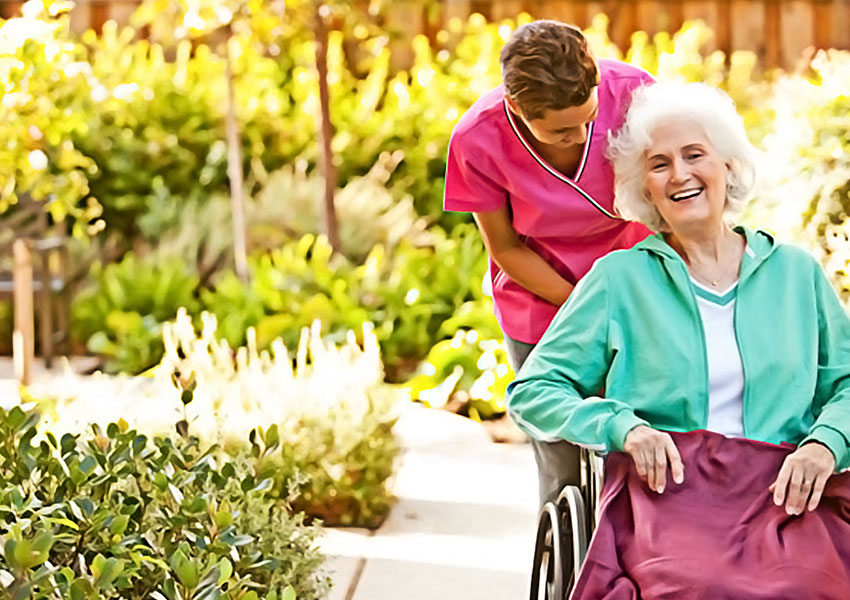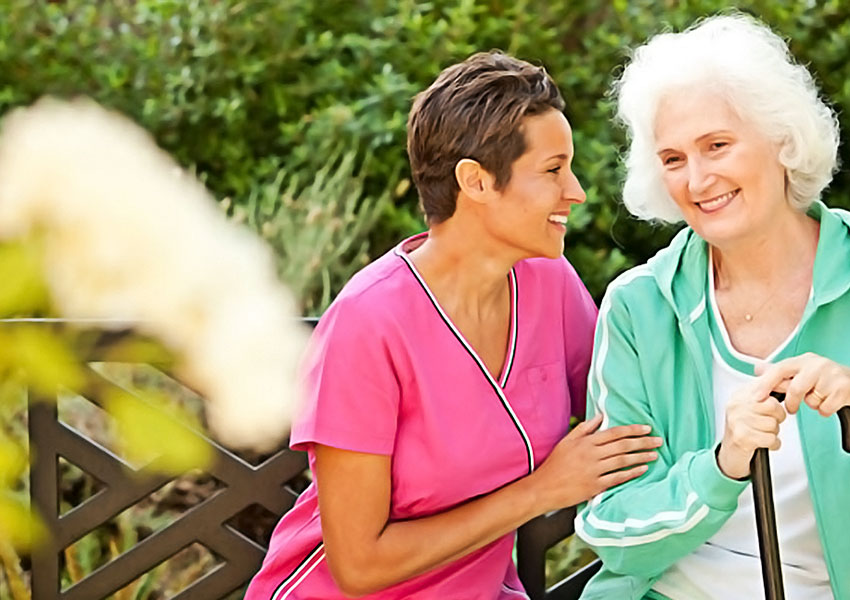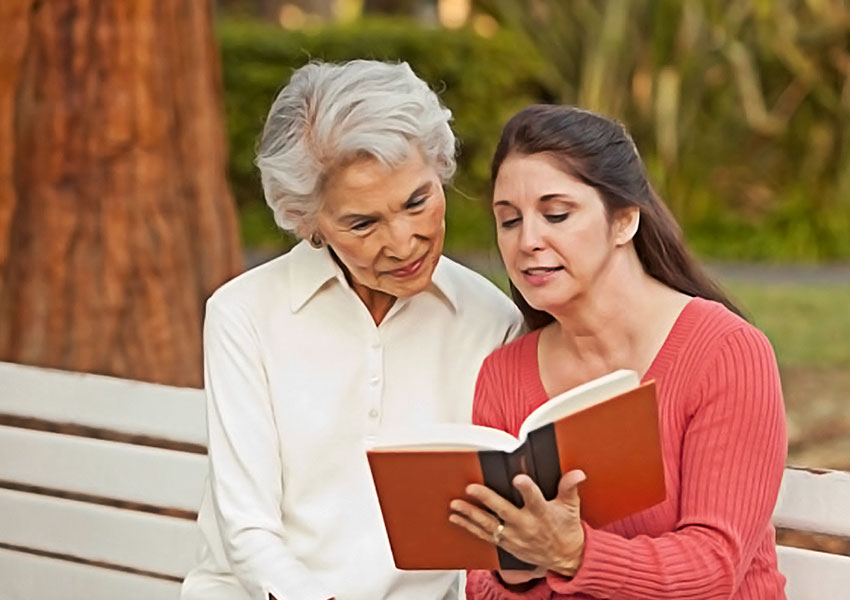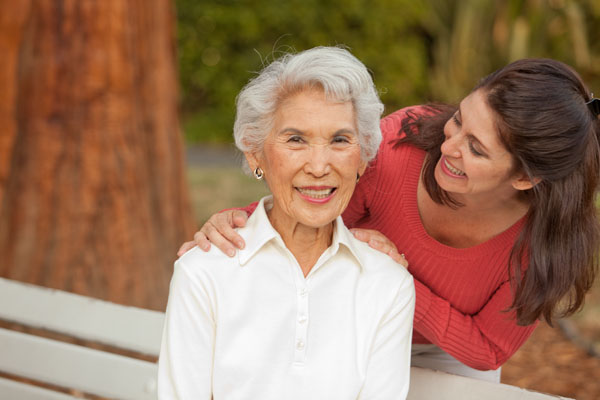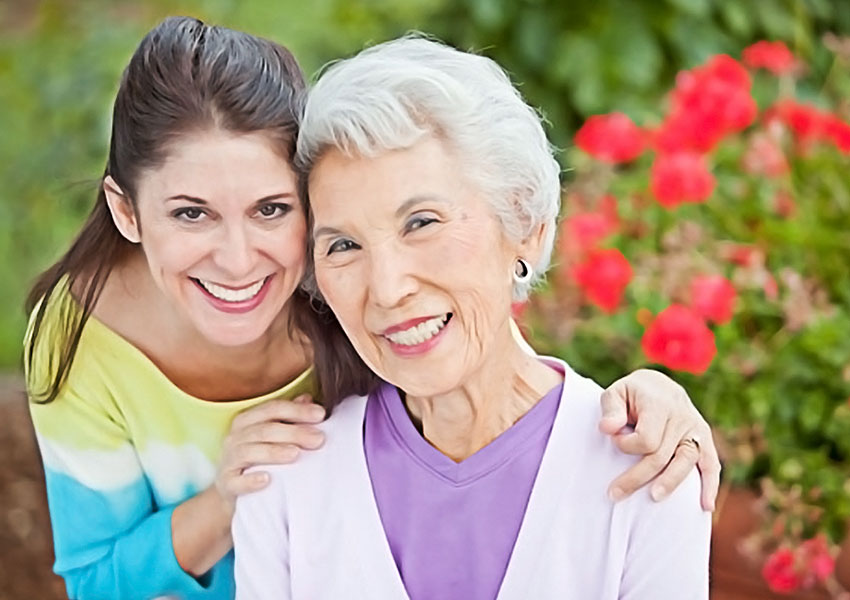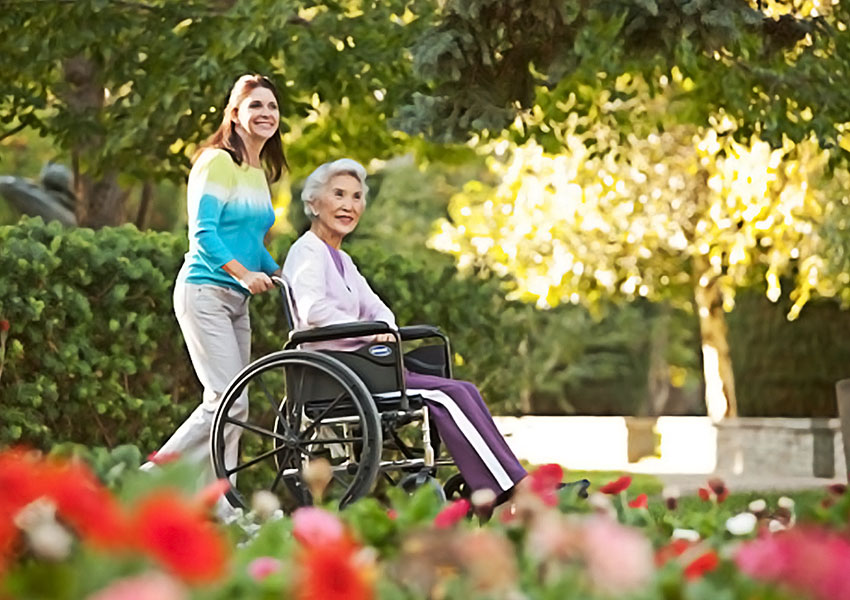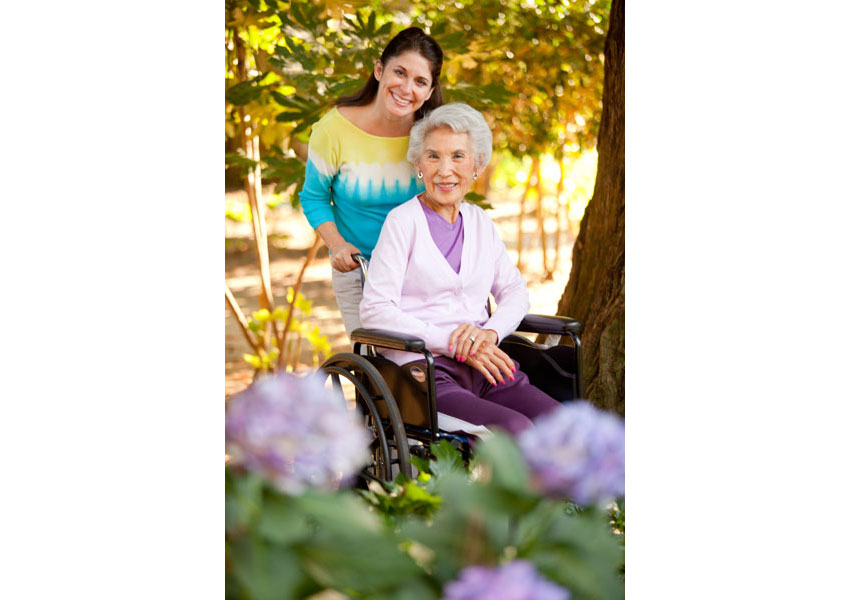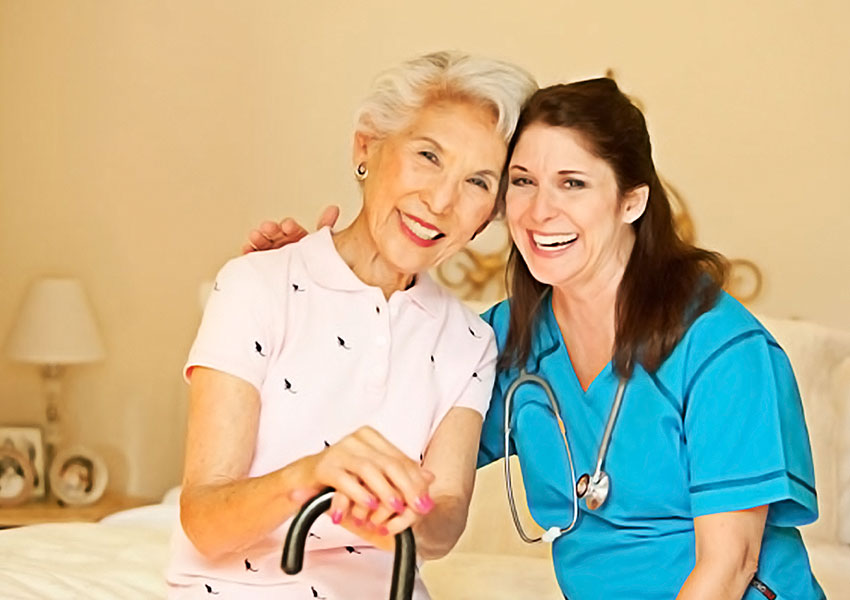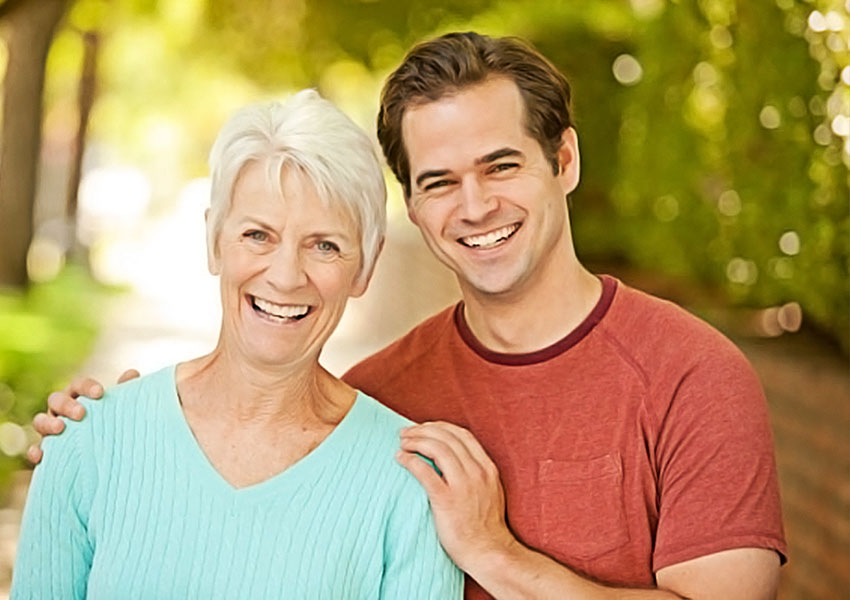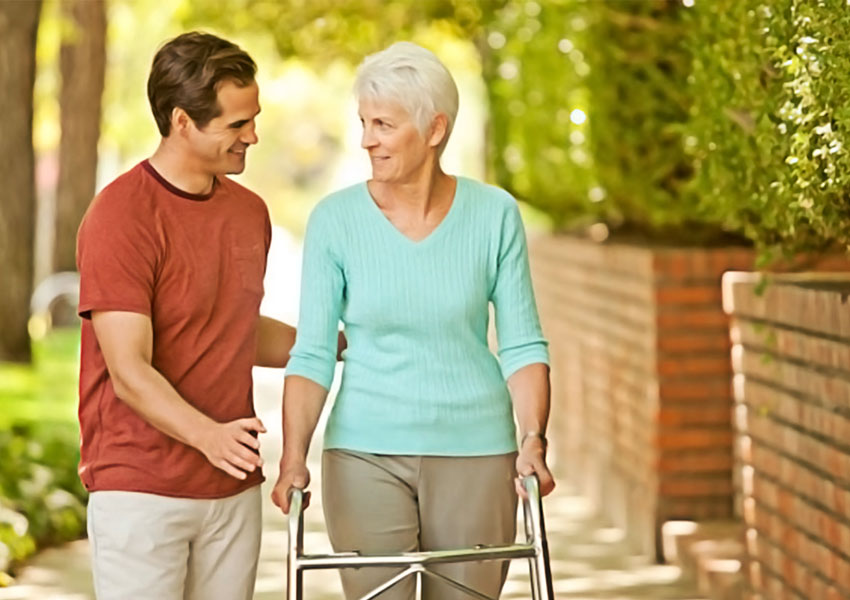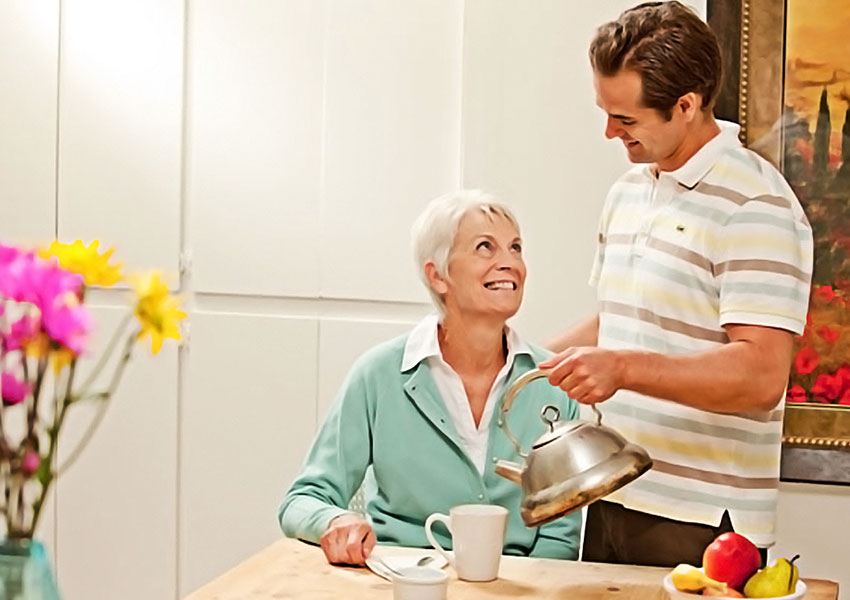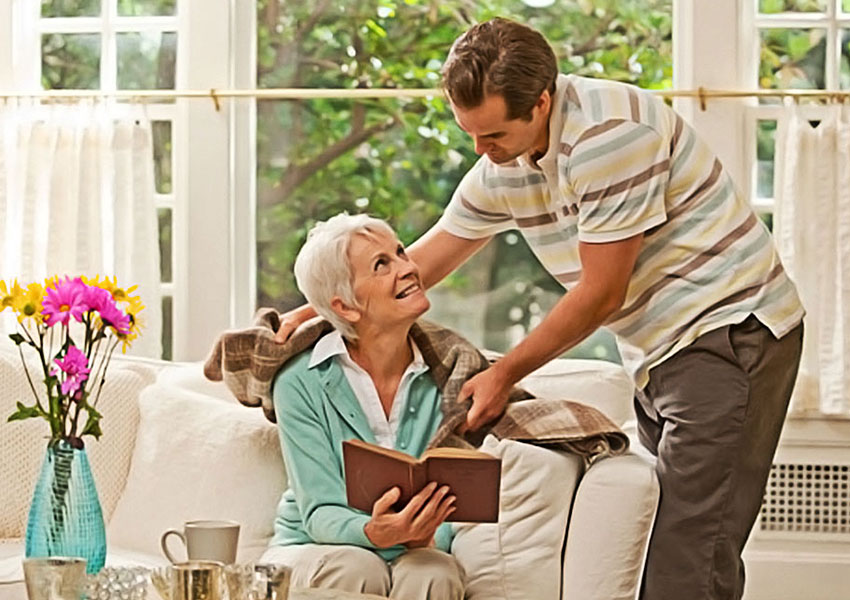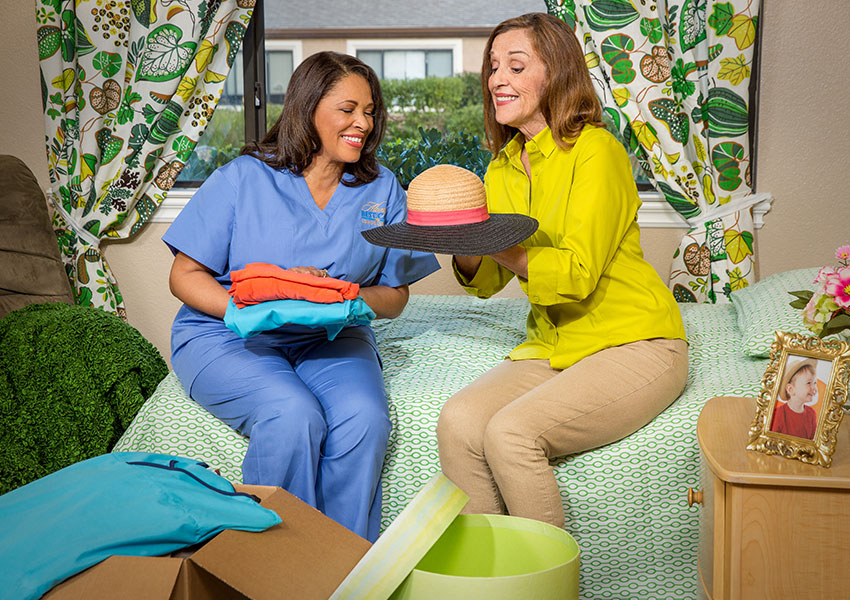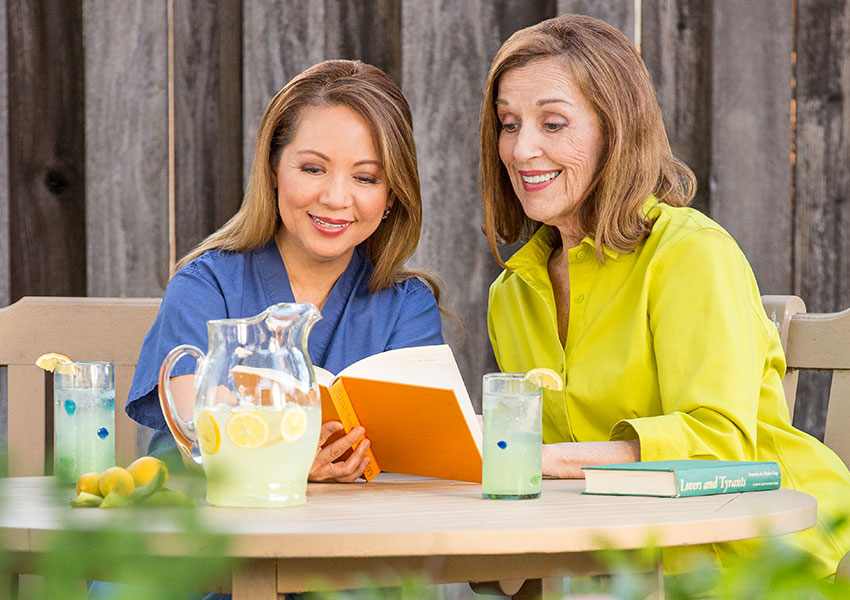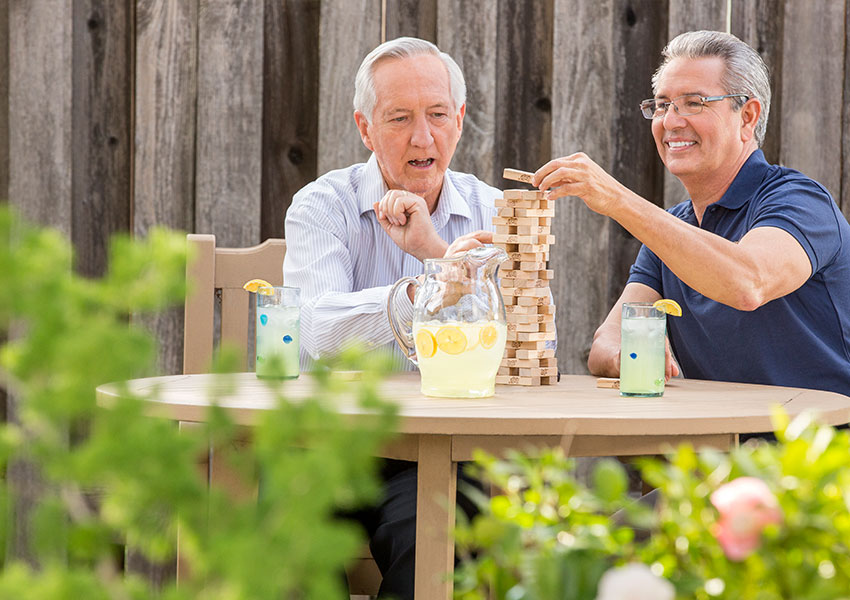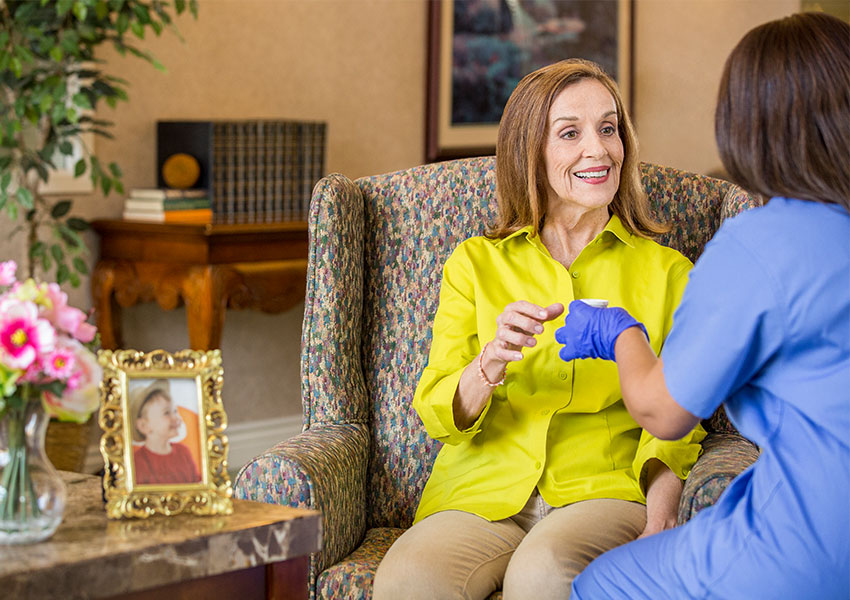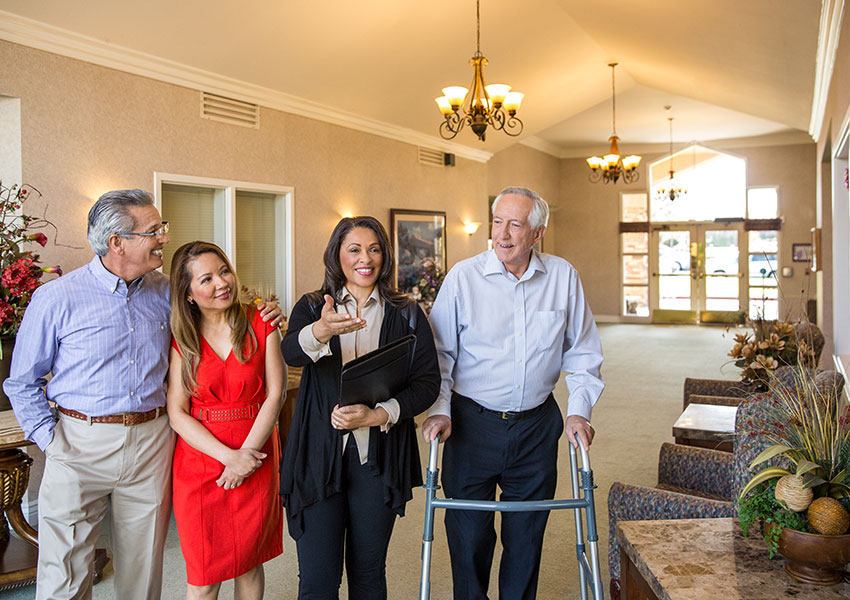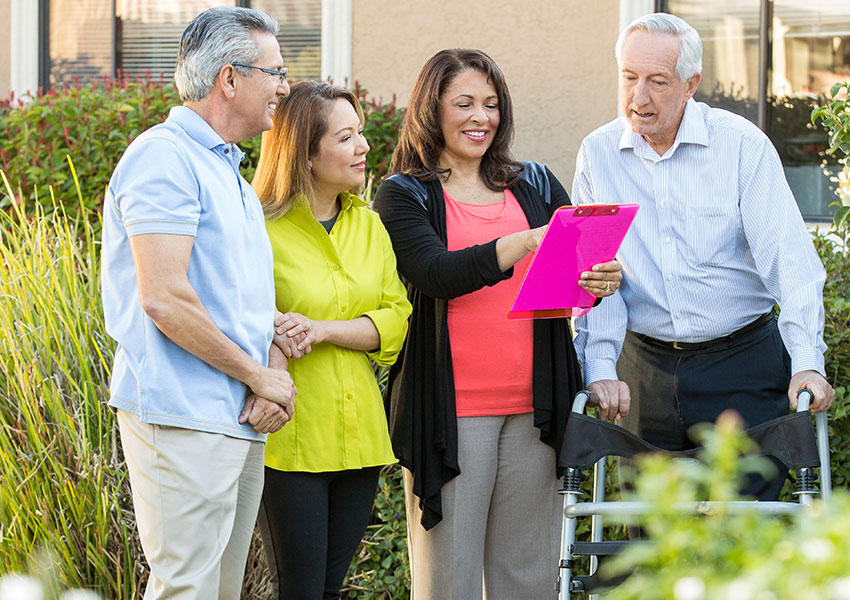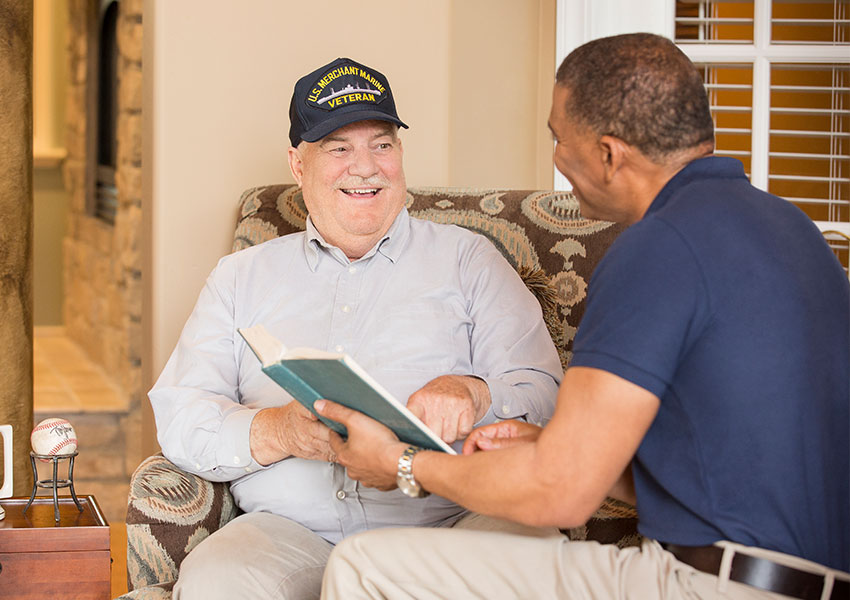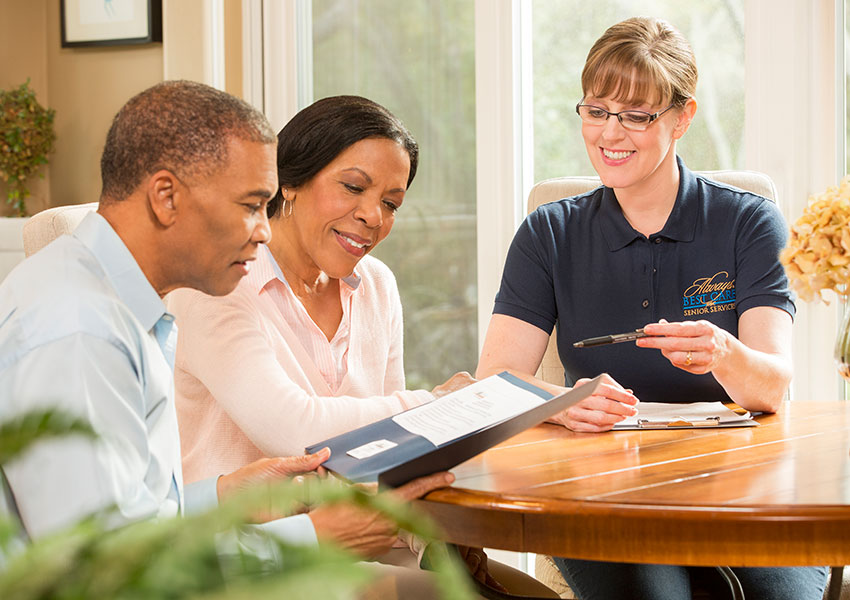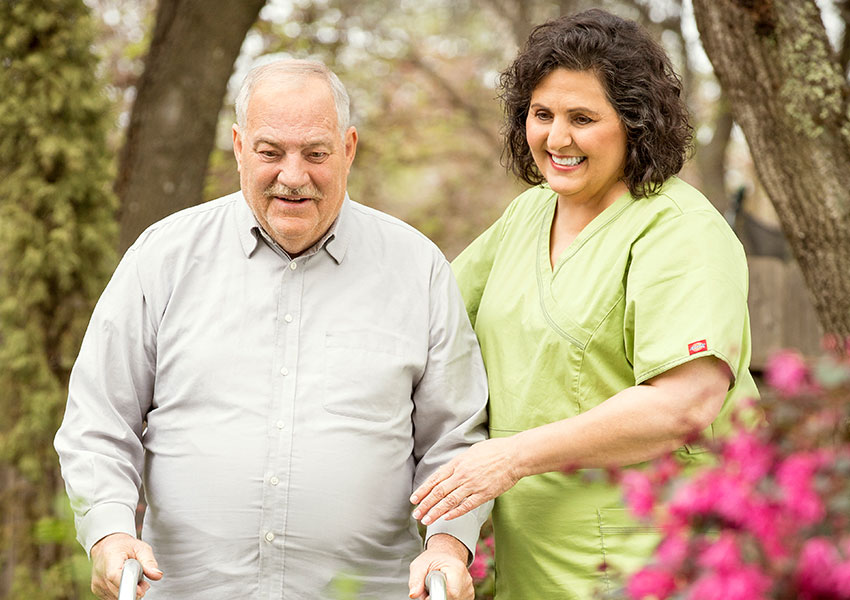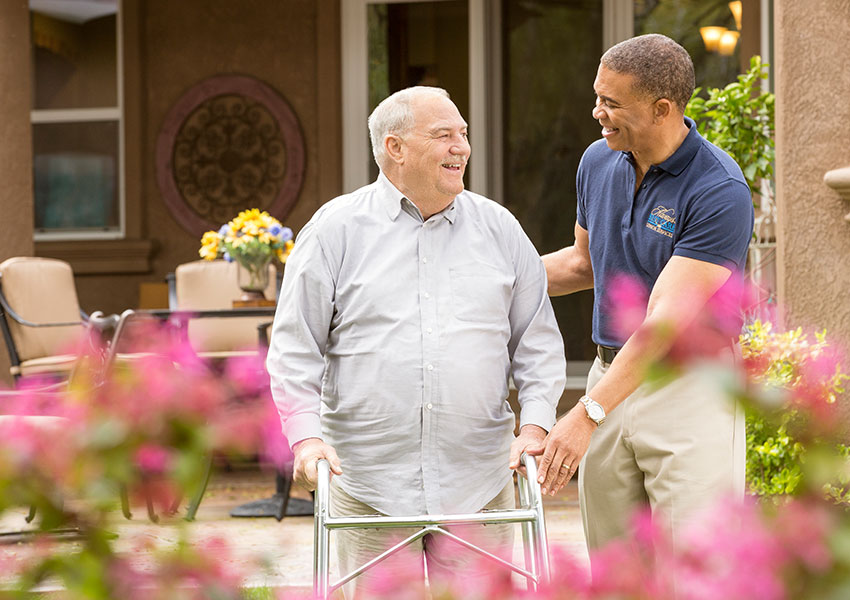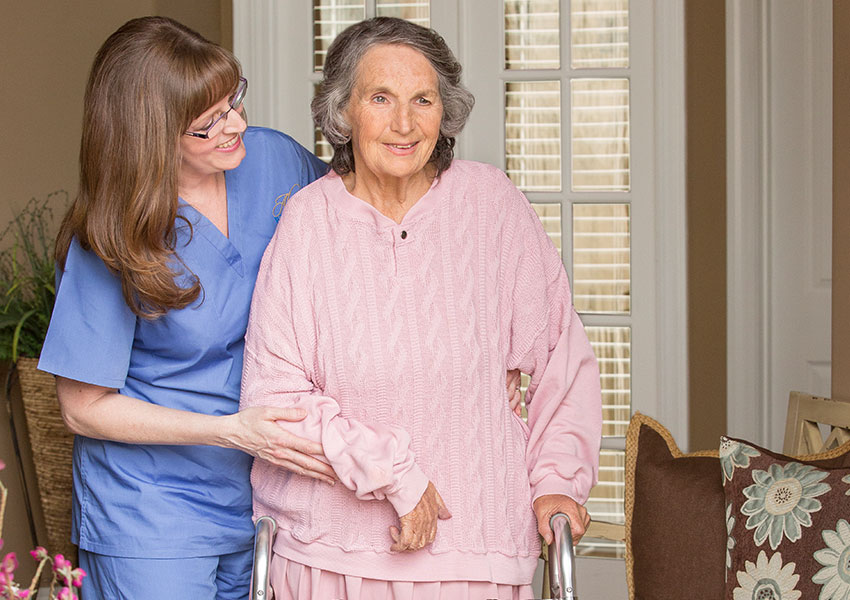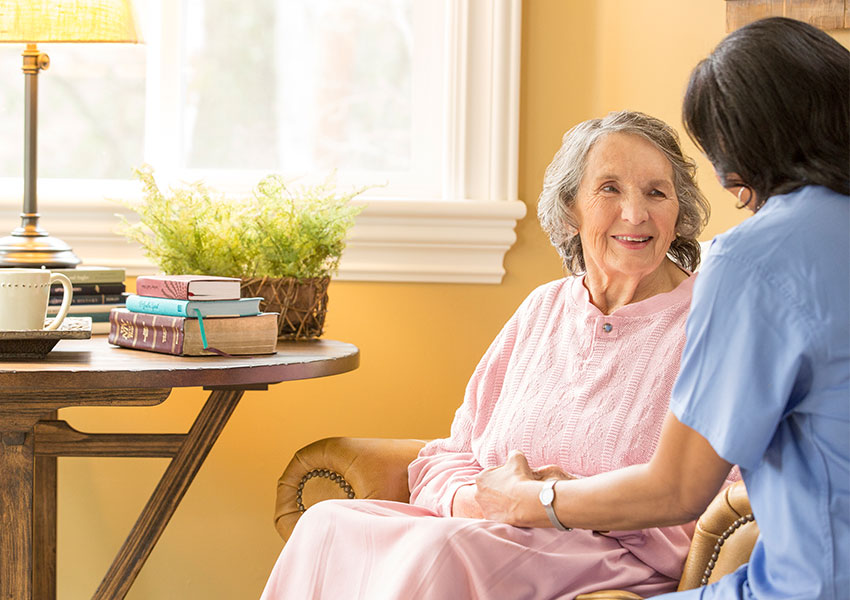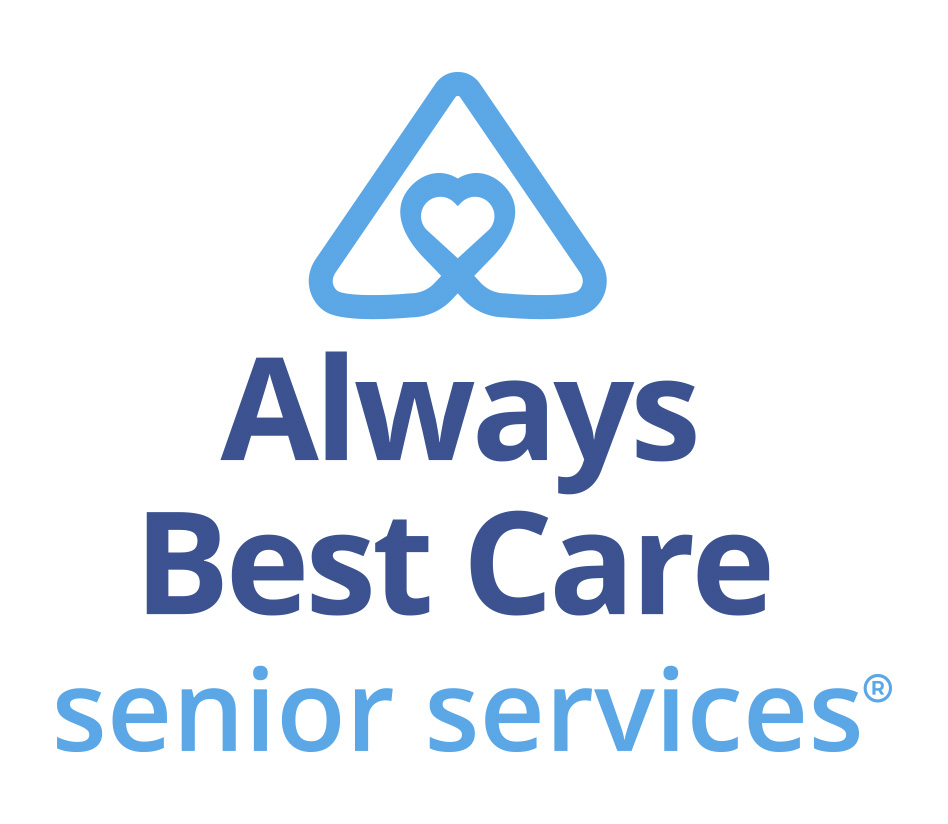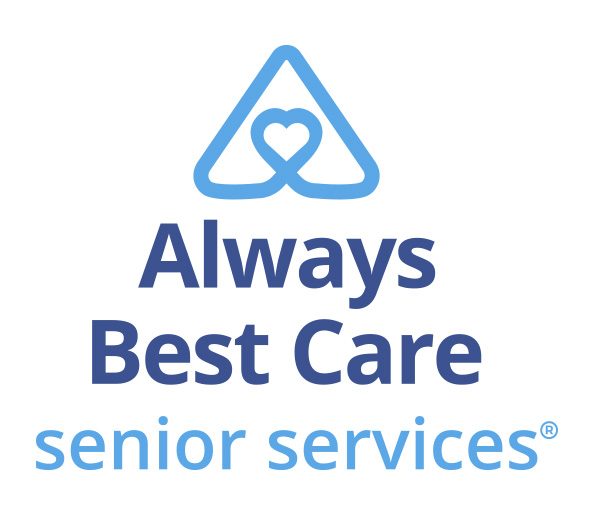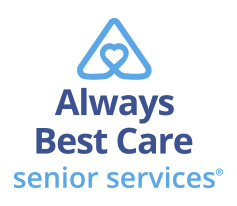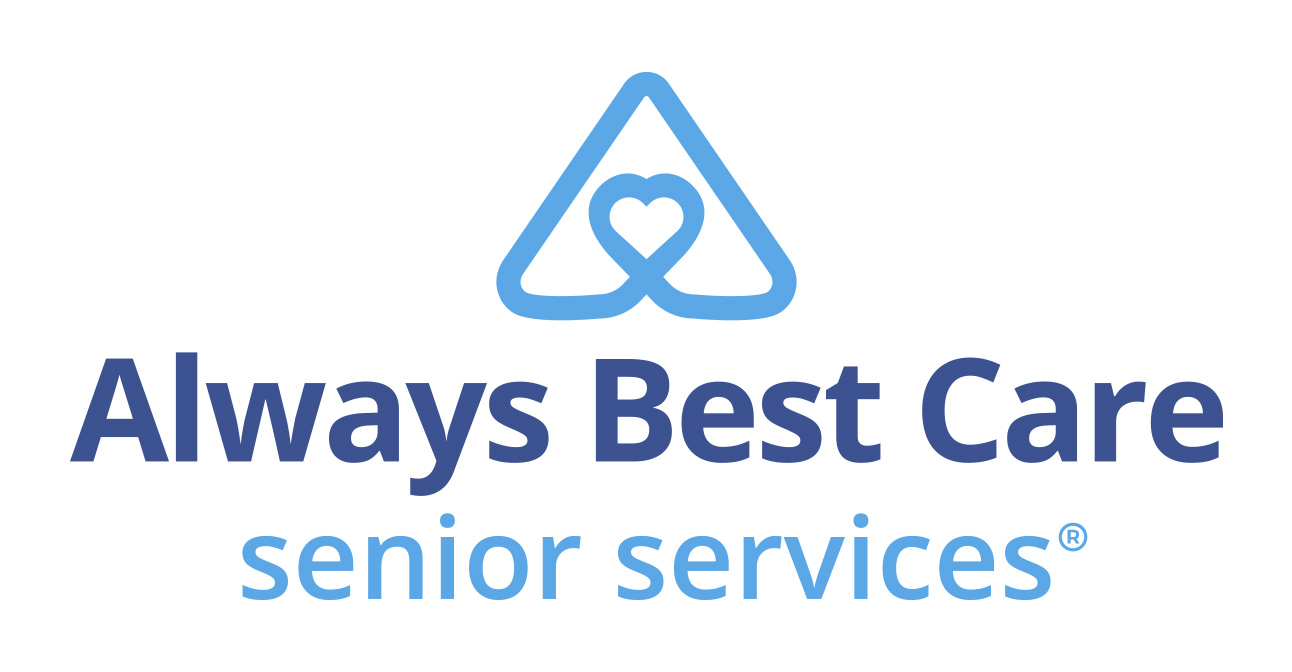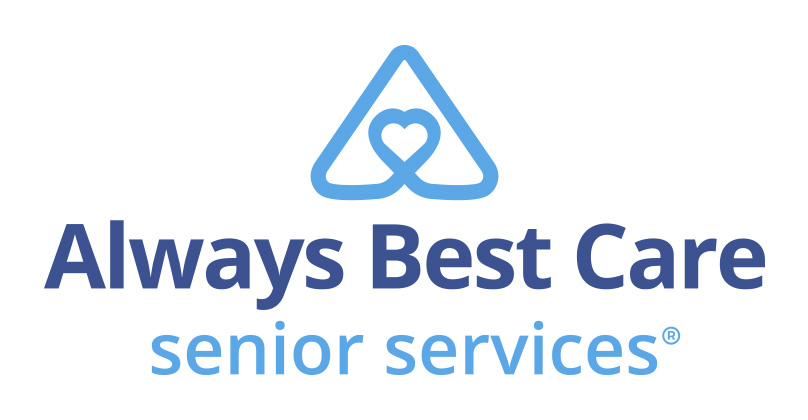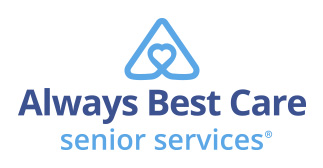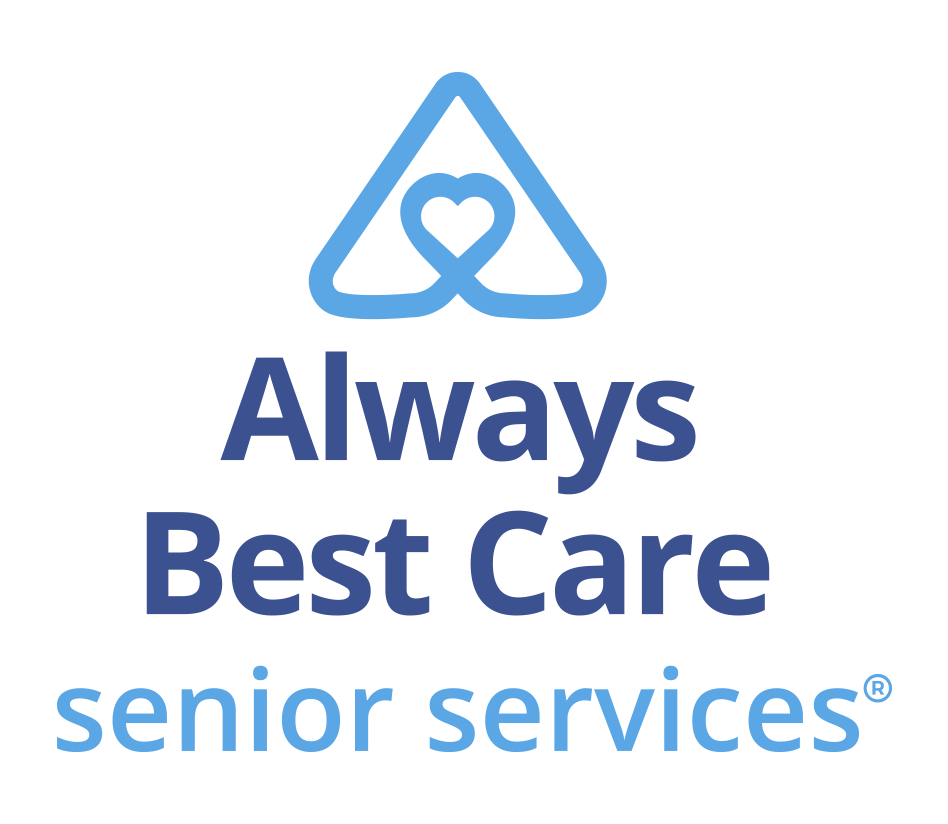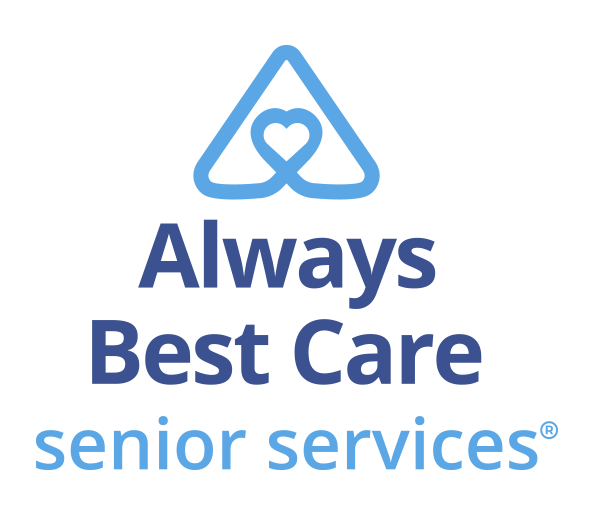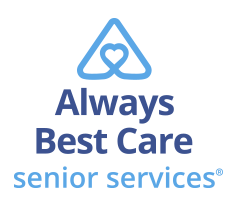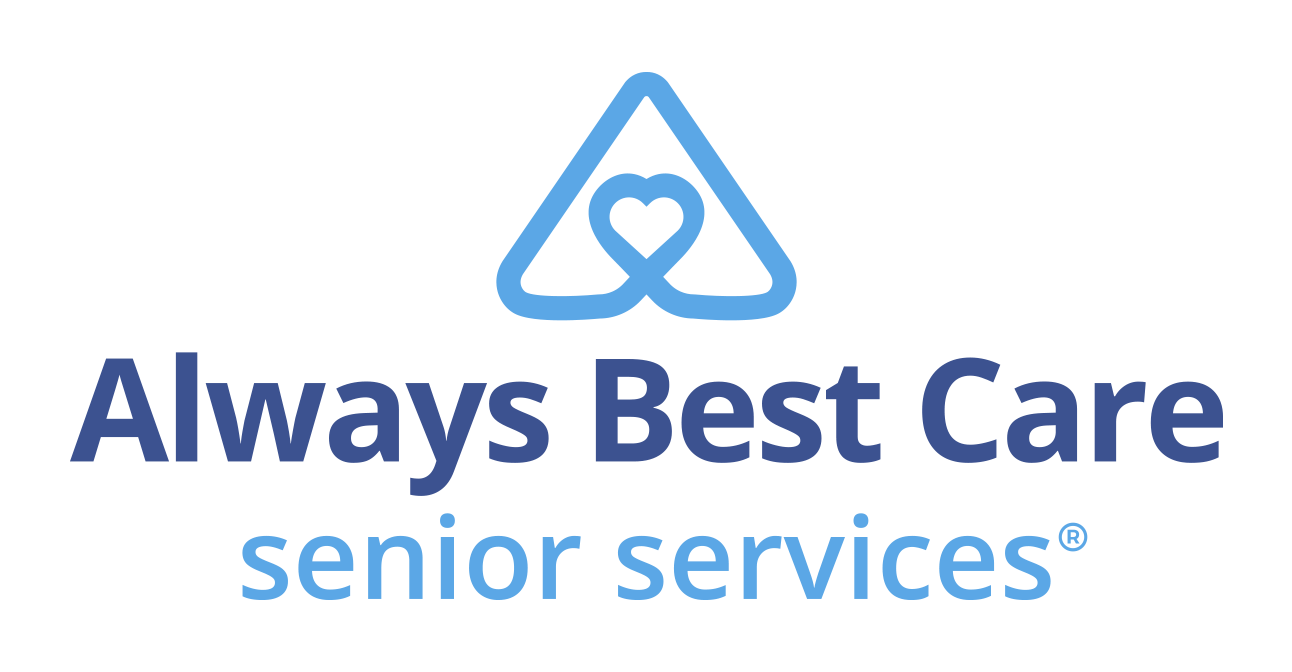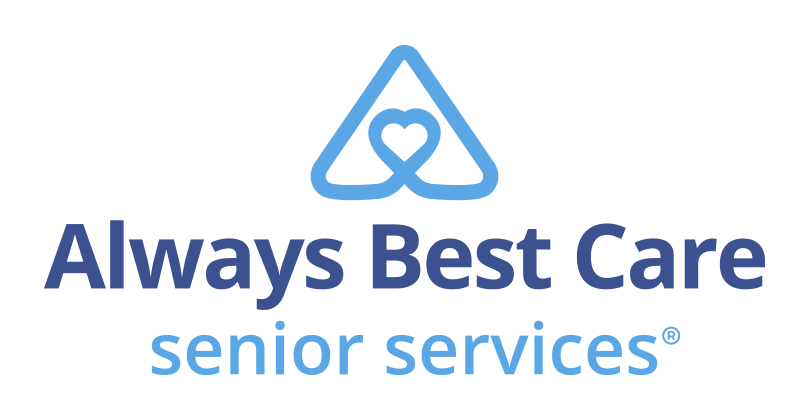Temperatures are heating up as summer is in full swing. While many families are out enjoying the warmth and sun attending picnics and barbecues or going to the beach, it is important to pay attention to older family members and their health. They can certainly participate in these activities, but keeping cool should be a priority. Seniors are more sensitive to the heat and their bodies have a harder time regulating temperature. This makes them more susceptible to heat exhaustion or heat stroke.
Heat stroke can be life-threatening if not treated quickly, but there are steps to reduce risk and keep seniors safer. For example, avoid going outside during the hottest part of the day – often between 11 a.m. and 4 p.m. Try to run errands earlier in the morning or in the evening when the sun is not as high in the sky. If you are outside, limit time spent in the sun and try to sit in the shade. Find somewhere with air conditioning to cool down periodically. Here are a few other tips:
- Drink water throughout the day. Even if your aging parent says they’re not thirsty, encourage them to keep sipping on water anyway. You can try adding fresh fruit to give it more flavor.
- Wear lightweight, light-colored clothing if going outside. Seniors have sensitive skin, so covering up with something light can provide protection. Also, dark colors retain heat more than whites and light colors. Wearing a wide-brimmed hat to protect the head and neck can help too.
- Take frequent breaks and allow your aging parent to rest and cool down. Avoid doing anything too strenuous outside during the middle of the day. The heat and humidity can be especially troubling for those with heart or respiratory problems.
- Make sure they have a cool place to go. If your loved one doesn’t have air conditioning in their home, ensure that there are fans available or they have access to the public library, a rec center, nearby stores, or even a friend’s house that is air conditioned. Have a neighbor or in-home caregiver check in on them regularly if you do not live nearby.
Know the Warning Signs of Heat Stroke
Another way to be proactive is to know the warning signs that may indicate heat stroke. This allows you to start cooling your loved one down before it becomes more serious and get them the help they need. Warning signs include:
- Dizziness
- Fainting
- Headache
- Nausea
- Chest pain
- Breathing problems
- Rapid heartbeat
- High body temperature (above 103 degrees Fahrenheit)
- Hot, dry skin with no sweat
If you do notice any of these signs, get your elderly parent into the air conditioning or start cooling them down in a cool bath or shower (a hose works too if outdoors). Give them cool (not ice cold) water to drink and call for help.
The summer heat can be difficult for seniors to cope with. Hiring an in-home caregiver can provide companionship and a set of helping hands while they are at home or running errands. Have someone check in with them when the temperatures rise and also be with them when they’re outside or working around the home. You can have more peace of mind knowing that they are receiving the support they need to safely and comfortably age in place. Contact Always Best Care at (855) 470-2273 to schedule a free consultation and discover how your elderly parent can benefit from in-home care.




